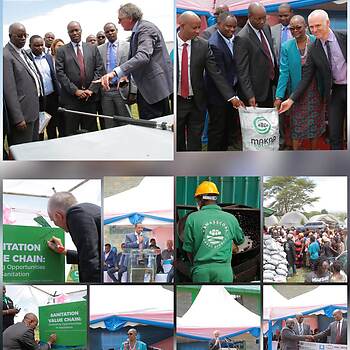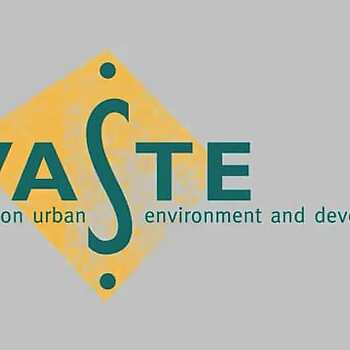The Millennium Development Goals (MDGs), established in 2000, aimed to address various global challenges, including sanitation. Specifically, Goal 7 focused on ensuring environmental sustainability, with Target 10 aiming to halve the proportion of people without access to safe drinking water and basic sanitation by 2015.
During the MDG period the following was achieved:
Access to Improved Sanitation. From 1990 to 2015, approximately 1.8 billion people gained access to improved sanitation facilities, significantly reducing the number of individuals practicing open defecation by nearly 50%. However, despite this progress, in 2012, 2.5 billion people still lacked access to improved sanitation facilities, indicating that the target was not met globally.
Regional Disparities. Progress was uneven across different regions. Urban areas saw a growing number of people without adequate sanitation due to rapid urbanisation. While some countries achieved significant improvements, others lagged behind due to various socio-economic factors.
Human Rights Framework. The UN General Assembly recognized access to safe drinking water and sanitation as a human right, which helped galvanize political will and funding towards achieving these targets. This recognition aimed to ensure that efforts were directed towards the most vulnerable populations.
Despite some successes in improving access to drinking water, progress towards meeting the sanitation target was slow:
By 2015, only about 63% of the global population had access to improved sanitation facilities, far below the MDG target of 75%.
Many countries faced financial, institutional, and human resource constraints that hindered their ability to implement effective sanitation programs. This was particularly evident in low-income regions where investments in infrastructure were critically needed.
The MDG efforts highlighted that improvements in sanitation are closely linked to health outcomes and economic development. Effective sanitation systems are essential not only for health but also for enhancing food security and reducing poverty.
Schokland Agreement
An important milestone was the signing of the Schokland Agreement where the Netherlands committed itself to sanitation facilities for 50 million people. We refer to the Mozambique and The Netherlands Water Timeline for more background information.
World Toilet Days, School sanitation and Marketing
The importance of the MDGs is disseminated in World Toilet Days, see videos above and school programs.
The marketing of sanitation became an important instrument as well as smart sanitation publications. One of the most interesting videos is on the Nairobi septage collectors.



